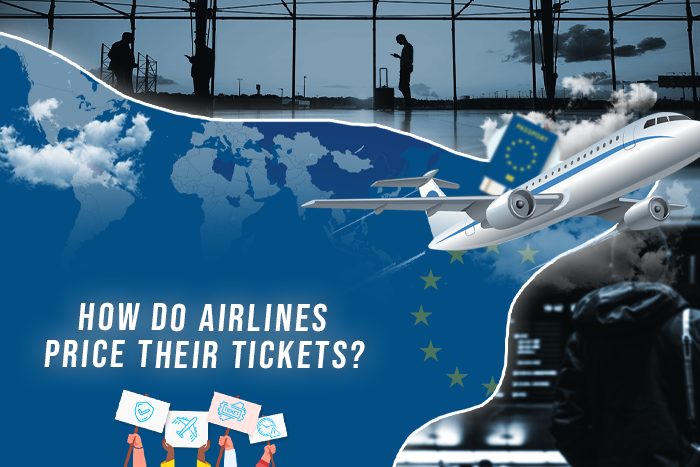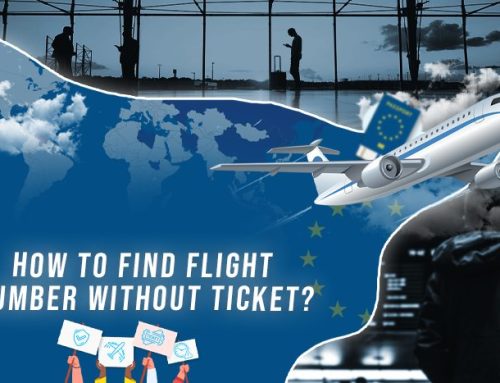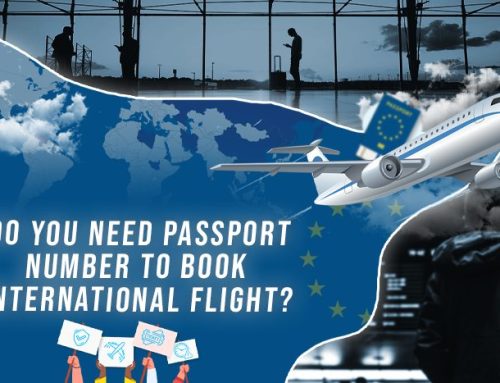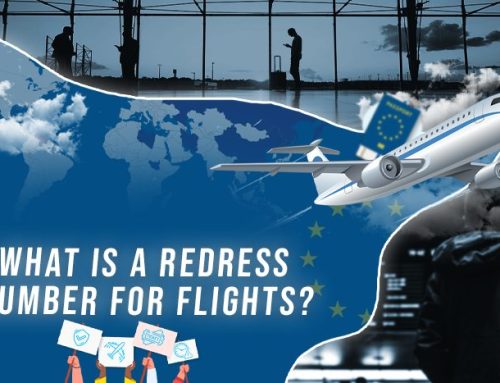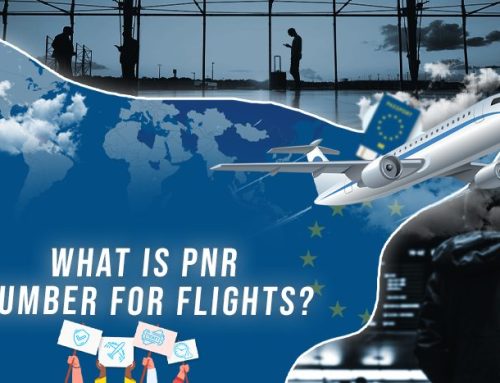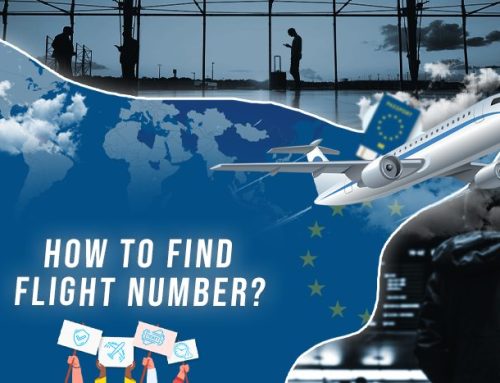We spend hours figuring out the best strategy to buy an airline ticket but all in vain. The fare fluctuates (seemingly) without reason, and the entire pricing system seems random. So, how exactly do the airlines determine their ticket prices?
To understand the air ticket pricing you will have to understand the logic behind the airlines’ pricing system? And to understand the system, we’ve come up with this comprehensive article discussing the factors affecting the airlines’ tickets price.
Let’s get started!
Key Takeaways
- Airlines use a complex pricing algorithm that takes into account various factors such as sales volume, customer profiling, competition, overbooking, peak dates, and fuel prices to determine ticket prices.
- Customers’ buying behavior and preferences, such as budget, requirements, and flexibility, play a significant role in airline pricing strategies.
- Airlines constantly monitor their competitors’ prices and adjust their prices accordingly to remain competitive in the market.
- Fuel prices have a significant impact on airline ticket prices, and airlines can increase or decrease their fares based on the fluctuations in fuel prices.
- Understanding the factors that airlines consider when pricing their tickets can help customers find the best deals and make informed decisions when booking their flights.
The Secret Behind The Airlines Tickets Price
Due to significant improvements in AI technology and algorithms over the years, airlines utilize these methods to determine their pricing.
The algorithms are closely guarded and never made public. However, we know some main factors that influence these algorithms though. Let’s check them out below.
-
Sales Volume of Tickets
While the sales volume is the most crucial factor that determines the pricing strategy of the airlines, it can have a very short-term effect too.
There are specific routes on which the airlines offer heavily discounted fares on the entire flight if they think that no one will pay the higher rates.
However, the algorithms will constantly keep an eye on the sales volume and raise the ticket prices if they notice an increase in demand.
-
Customer Profiling
Even though customer profiling may look like a simple factor, it is one of the most important. Different travelers have different budgets, requirements, and buying habits.
The customers traveling for leisure tend to book in advance and are a lot more flexible. On the other hand, business passengers will most likely secure the flight close to departure and even prepare to pay more for it.
So, the airlines start the fares high on leisure routes and reduce them when the date for departure is closer. However, it is entirely the opposite case regarding business routes.
-
Level of Overbooking
It is prevalent for airlines to overbook on specific routes in advance. While this can inconvenience the airlines during flight cancellations, it is still a part of their pricing system.
However, with the help of the improved data analysis, the companies can now better predict the number of travelers unable to travel despite the advanced booking. As a result, they can manage their pricing way better than before.
-
Level of Competition
Airlines also closely monitor the fares offered by their competitors on similar routes. If one airline lowers its price on a particular path, you’ll notice that the others will follow the trend quickly.
-
Peak Dates
Sometimes, the airlines might limit the availability of their lower booking classes. Christmas and public holidays are significant examples of this situation where the prices will still be higher even if you book in advance.
On the other hand, the algorithm will pick up the sudden increase in booking for future events that even experts cannot predict and then raise the price.
-
Fuel Prices
Since the airlines fix prices months before the actual flight, the algorithms consider how the prices constantly change and then predict future costs.
According to the Guardian, the British airlines increased its fare by $30 after the fuel price reached $90 a barrel in 2004. While some airlines lowered their prices when the fuel cost went down, others carried on with it.
Final Words
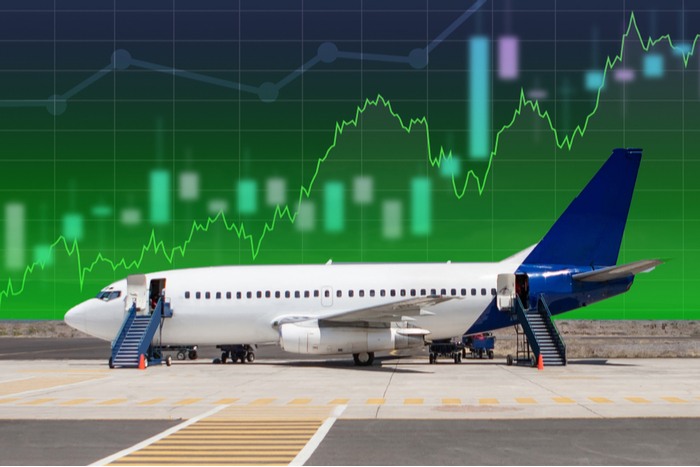
Now that you know how airlines price their tickets, you can study these factors and get a pretty accurate estimate of the average airfare and find the best prices for yourself. Good Luck!
Frequently Asked Questions
-
How do airlines determine their ticket prices?
Airlines use complex algorithms that consider factors such as sales volume, customer profiling, competition, overbooking, peak dates, and fuel prices to determine ticket prices.
-
Do airlines change their ticket prices frequently?
Yes, airlines can change their ticket prices frequently depending on various factors such as demand, competition, and fuel prices.
-
What is customer profiling in airline pricing?
Customer profiling is a factor that airlines consider when determining their ticket prices. Different types of travelers have different budgets, requirements, and buying habits, which can affect the pricing strategy.
-
Can competition affect airline ticket prices?
Yes, airlines closely monitor their competitors’ prices and adjust them accordingly to remain competitive.
-
Why do airlines overbook flights?
Airlines may overbook flights to compensate for no-shows and cancellations. However, with improved data analysis, airlines can better manage their pricing and overbooking practices.
-
Do fuel prices affect airline ticket prices?
Yes, fuel prices have a significant impact on airline ticket prices. Airlines can increase or decrease their fares based on fluctuations in fuel prices.
-
How can understanding airline pricing algorithms help me find the best deals?
Understanding the factors, airlines consider when pricing their tickets can help you identify the best deals and make informed decisions when booking your flights.
